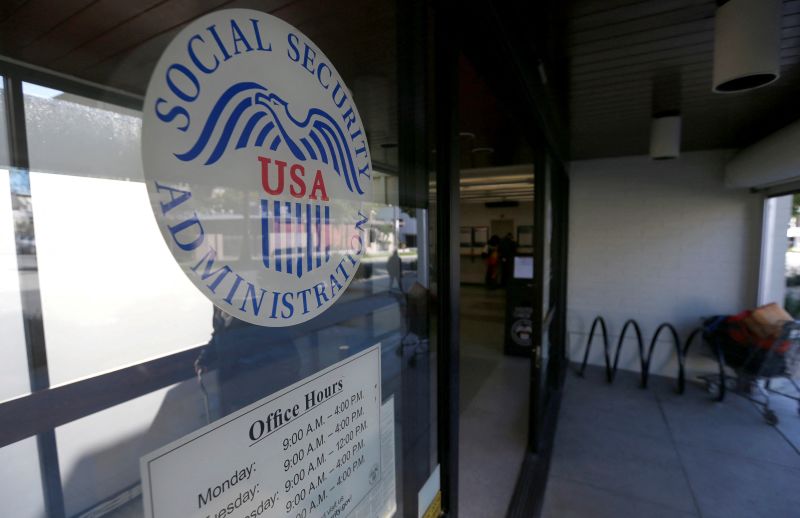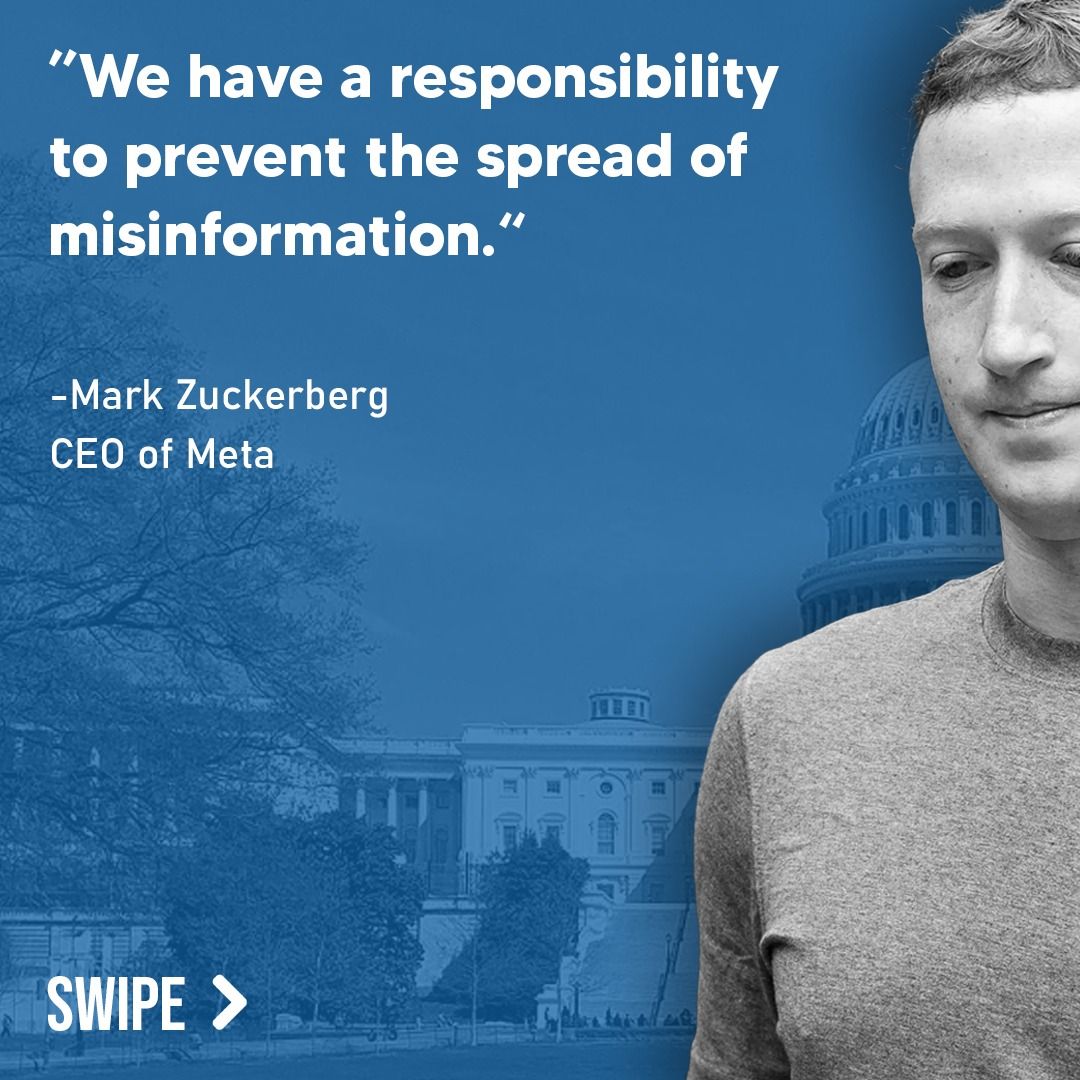
Introduction
The CNN article was flagged for fact-checking after raising concerns that the Social Security Administration (SSA) is pushing forward with major anti-fraud policy changes—such as new identity verification rules—without presenting evidence of widespread fraud. With over 73 million Americans relying on Social Security, questions about these policy shifts deserve accurate scrutiny and context.
Historical Context
For decades, the SSA has battled fraud using a layered network of verification tools and audits. Typically, new administrative rules take years to implement, balancing fraud prevention with accessibility. However, recent political pressure under the current administration has accelerated changes without clear public justification. Past verification reforms have required oversight, legislative alignment, and public input—steps that, experts argue, are being bypassed in this recent rollout.

Fact-Check of Specific Claims
Claim #1: “SSA has provided no evidence of direct deposit fraud that would require such heavy burdens on customers & staff.”
This claim is accurate. The SSA has not released any data, audit reports, or public statements indicating a recent rise in direct deposit fraud that would necessitate changes to its verification policies. Independent investigations by the Center on Budget and Policy Priorities and other oversight entities have similarly found zero documented cases of benefit theft resulting from unverifiable identities or bank routing changes over the phone. A 2023 Government Accountability Office report also confirmed that fraud at SSA remains “relatively limited and well-controlled through existing protocols.” Despite changes being framed as urgent anti-fraud measures, evidence justifying them remains absent.
Claim #2: “The new identity verification policy will now only apply to those filing for retirement, survivors or family benefits and will take effect April 14.”
This is true and consistent with revised SSA communication. On March 26, 2025, the agency officially announced that the new in-person verification requirement would be limited in scope—notably excluding those applying for disability, SSI, or Medicare. Applicants in “extreme dire-need situations” like terminal illness will also be granted flexibility. These updates reflect a scaling down of the initial proposal following stakeholder backlash and have been confirmed in an internal statement issued by Acting Commissioner Dudek.

Claim #3: “The White House is pushing Dudek to act swiftly, bypassing the usual two-year timeline for policy implementation.”
This claim appears to be accurate based on multiple corroborated interviews and statements. In a March 2025 phone call reported by several reputable outlets, Acting Commissioner Lee Dudek stated that pressure from the White House is driving the urgent timeline. He compared the rushed implementation to policies that normally take up to two years to roll out. While no formal memo from the executive branch has been released, this aligns with recent remarks Dudek made to The New York Times and Social Security advocacy groups. It further supports concerns that the SSA is operating under political pressure rather than policy necessity.
Claim #4: “The new bank change policy, barring updates to deposit accounts via phone, may still go into effect on March 29.”
This is unclear. While the article notes the SSA did not reply to requests for confirmation, the ambiguity rests on ongoing internal reviews. However, a leaked SSA operations manual update draft—reviewed by National Public Radio—does show planned implementation of this rule change by March 29. The lack of public guidance adds to the overall confusion, echoing stakeholders’ criticism that too many shifts are occurring too fast without transparency or official user guidance.

Conclusion
The article accurately depicts the upheaval within the SSA and rightly questions the rationale behind sudden policy shifts. While the piece conveys concerns from advocates and SSA stakeholders, our analysis confirms that the agency has not disclosed specific fraud evidence to justify the more burdensome ID verification practices. Although the article indicates bias by focusing heavily on criticism from advocacy groups without including any defense from SSA leadership or providing input from cybersecurity experts, it remains factually credible and reflective of the current disorganization under Acting Commissioner Dudek’s leadership.
Encourage Readers to Take Action
Confused by headlines? You’re not alone. Download the free DBUNK app today to get verified facts quickly and confidently. Stay connected with us on social media to combat misinformation together.


